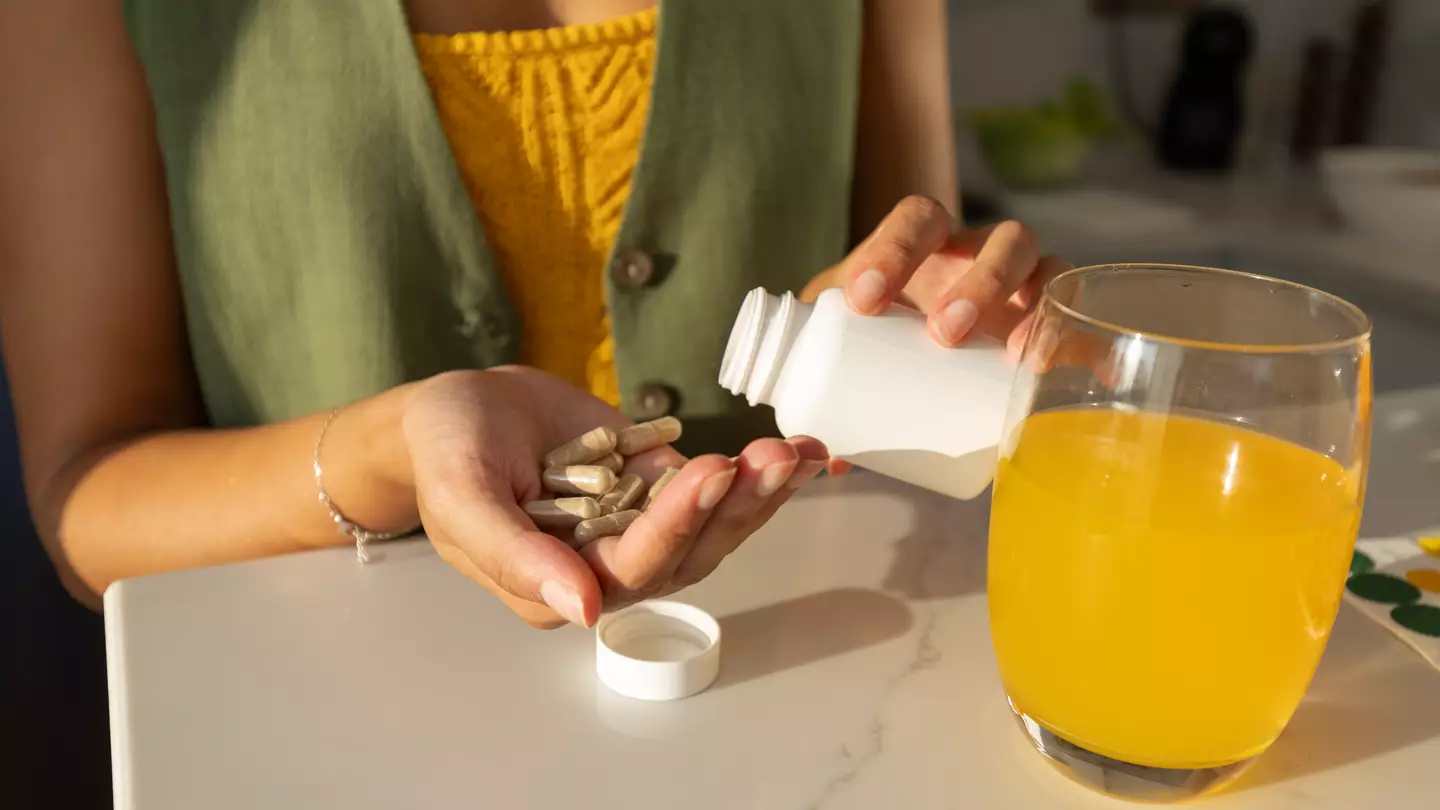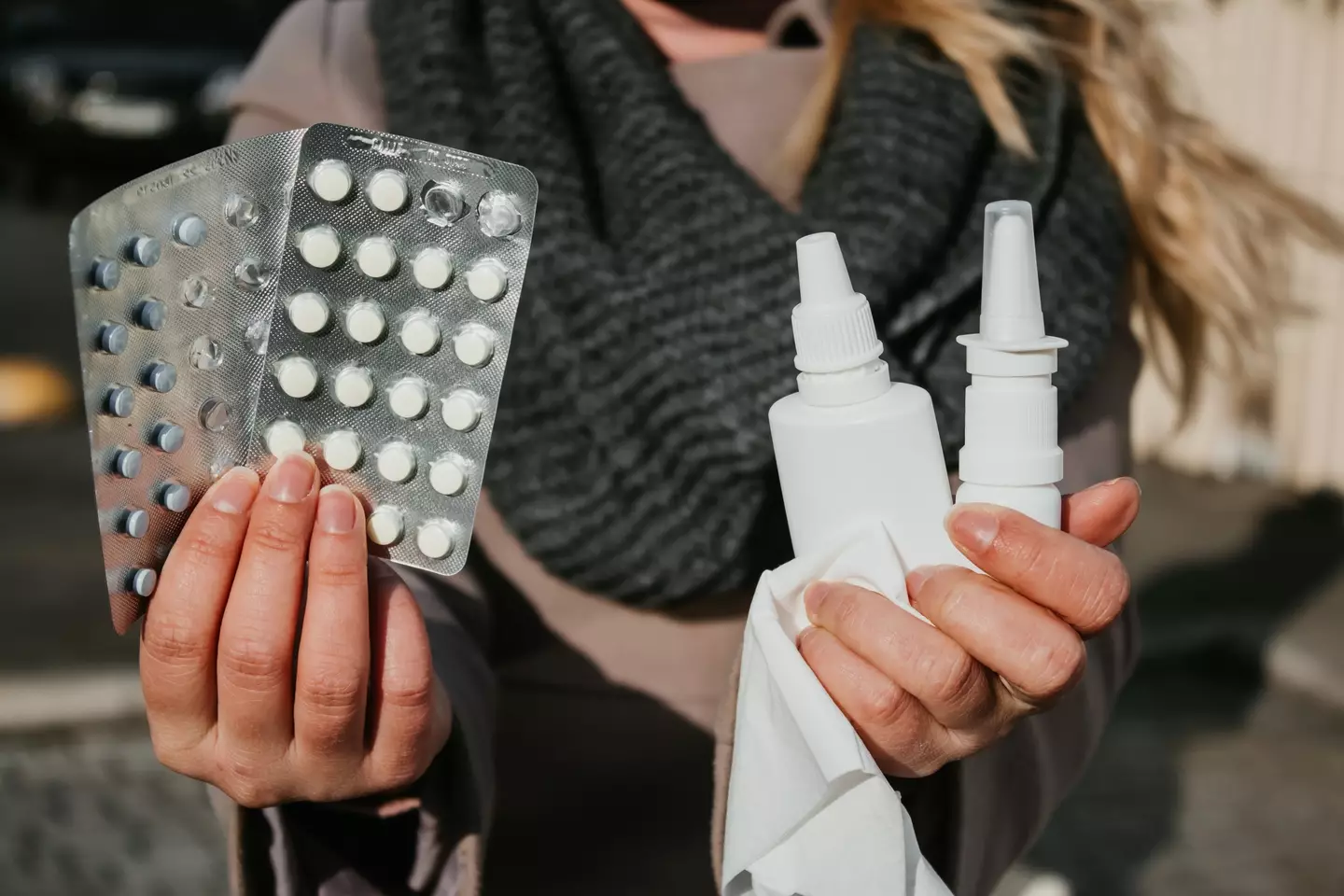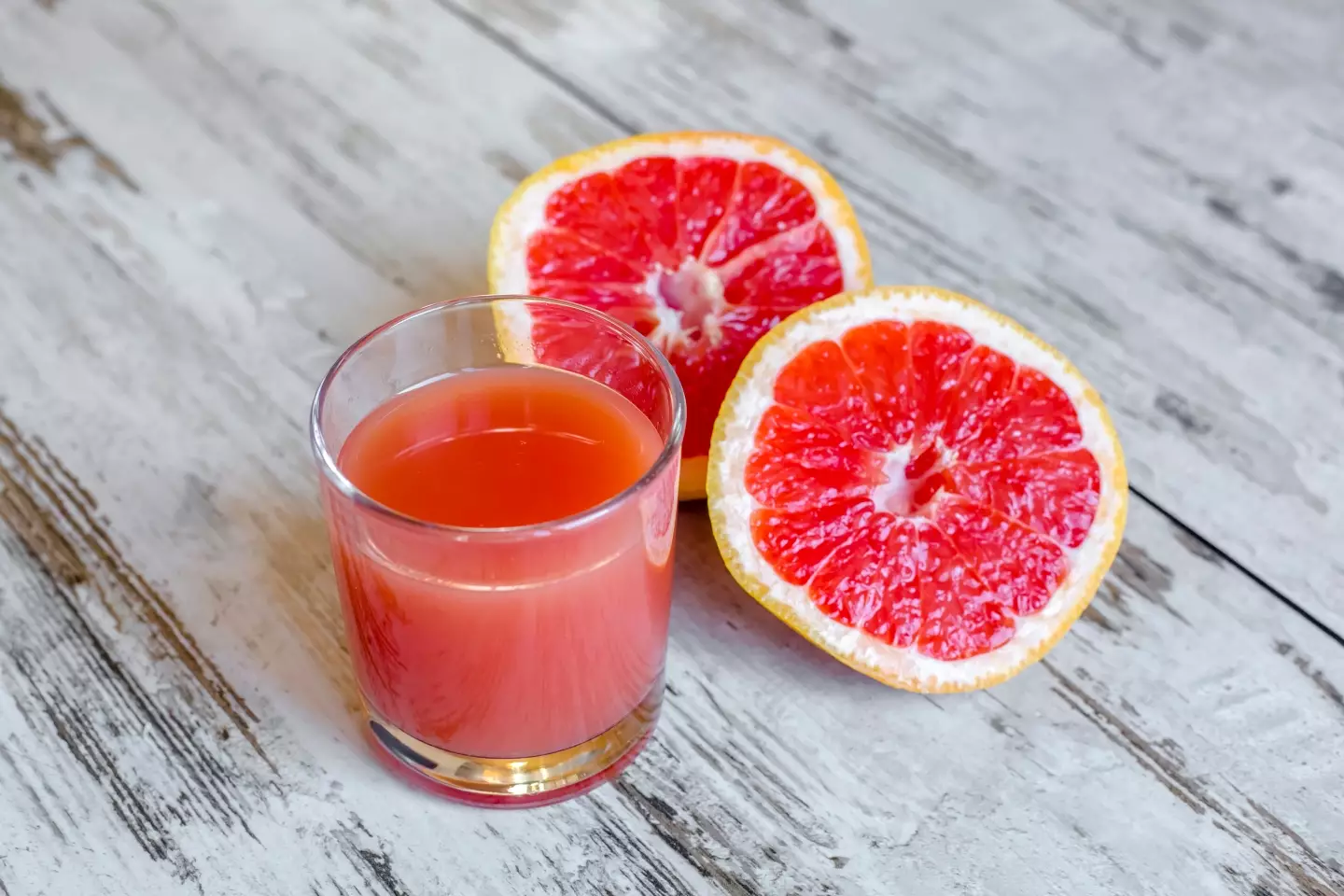
With summer officially upon us (despite the rain), doctors have issued a vital warning to anyone who relies on a particular medication associated with the year's warmest season.
And oddly enough, the advice is related to a popular beverage - fruit juice.
It's long been known that certain drinks aren't recommended for consumption while taking particular pills - the most common example being individuals on antibiotics being told to avoid alcohol.
Similarly, it's rumoured - and reported by Healthline - that some herbal remedies can affect women's health, specifically with regards to birth control pills (though, this hasn't been officially firmed up by medics).
Advert
However, there's another medication type that can reportedly be swayed by something as innocent as fruit juice - and it's a pretty common one.

According to a horde of medics, some antihistamines can fall short in delivering results to patients suffering from allergies if they've recently consumed fruit juice - specifically apple, orange and grapefruit juice.
See, we told you it was linked to the summertime!
Anyway, these beverages are said to impact the effectiveness of the drugs in that they reduce the medication's absorption levels by as much as 60 percent, depending on the juice.
According to medics at ENT, this is because these drugs require receptors on cells that line the intestines to assist with the absorption process - which puts the medicine into the bloodstream.
The issue is, however, that a number of juices contain compounds that damage these cells and their receptors, impacting how much medicine can get through. As such, the lower the levels of absorption, the less that patients are going to feel the benefit of their medications.

And allergy sufferers know what that means: ceaseless sneezing, dry eyes, a blocked nose and itchy skin.
While doctors say that both apple and orange juice have been known to impact the effectiveness of antihistamines, it is believed that grapefruit juice is a much more dangerous perpetrator.
Like the other two, grapefruit juice is known to render the enzyme responsible for metabolising the medication weaker, but to a much more extreme degree.
This issue is said to be particularly prevalent in cases involving fexofenadine specifically.
It isn't just allergy medication-takers that have been issued a warning about this specific fruit, however, with grapefruits also guilty of targeting drugs used to treat high blood pressure, immunosuppressants and corticosteroids.
The latter, for reference, are medicines commonly used to treat Crohn’s disease or ulcerative colitis.
.jpg)
All this said, however, a Johns Hopkins Medicine spokesperson added that it's vital to converse with your GP if you're unsure about the effectiveness of certain medications, as there isn't one rule at fits all.
"One pill might interact with grapefruit and another, similar medication for the same condition may not, so it’s always best to check with your doctor or pharmacist if you are in doubt," the warning read.
Topics: Health, Food and Drink, Summer, Advice